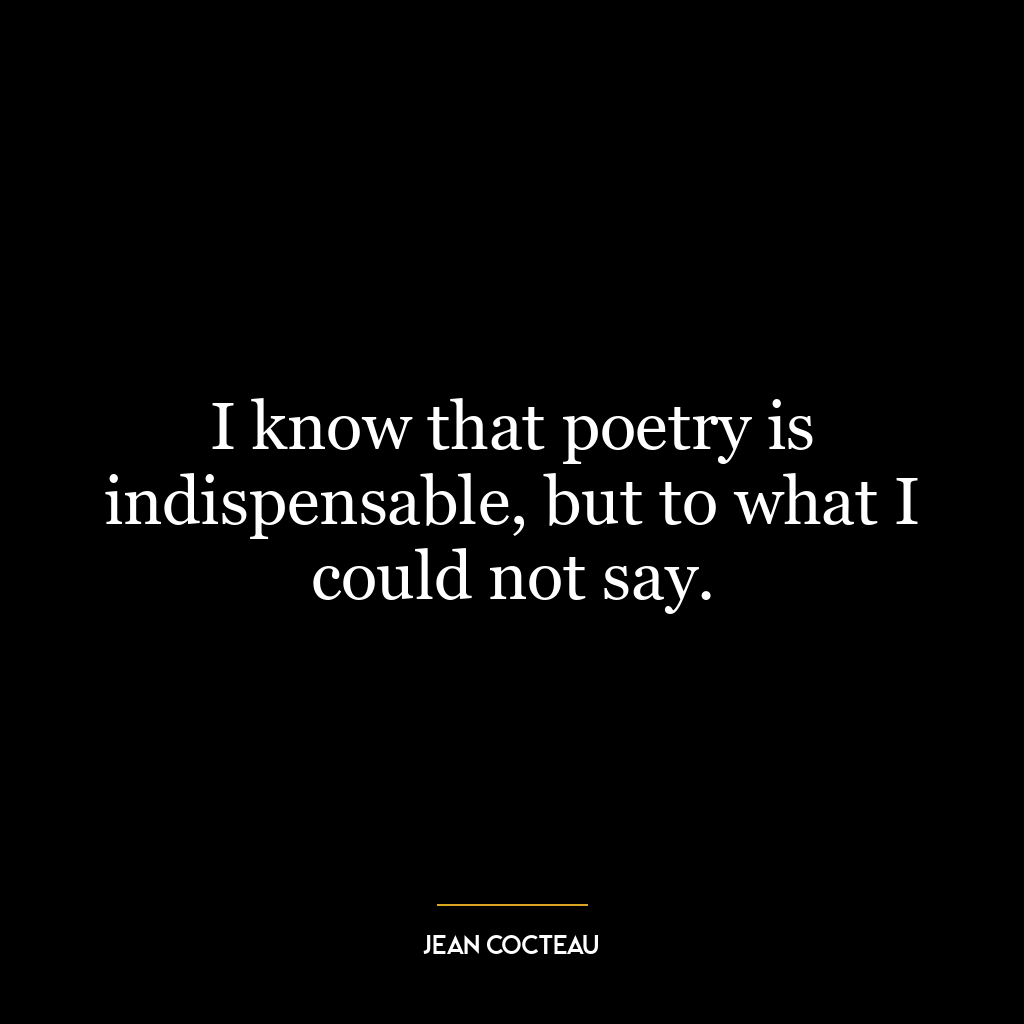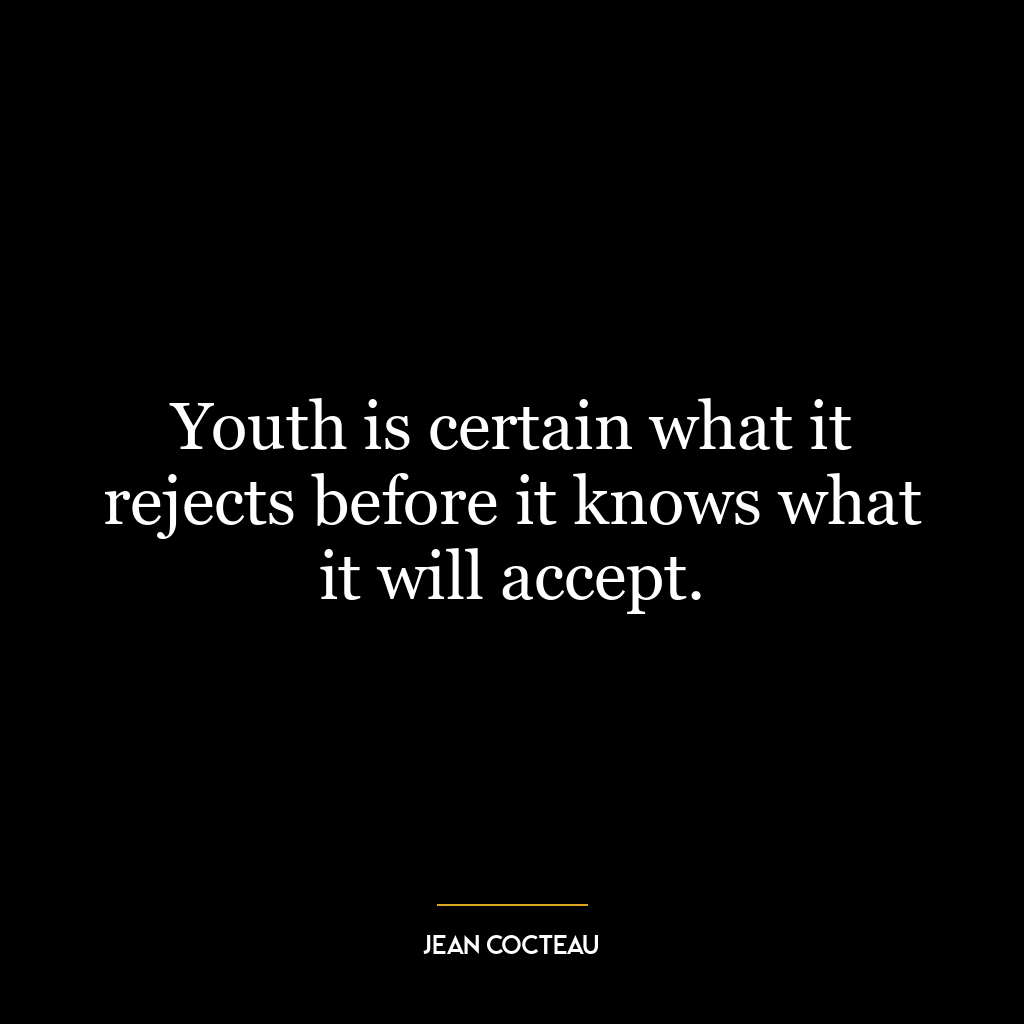This quote, “He rarely knows the result of a battle when the battle is over,” encapsulates the idea that the true outcome or impact of a conflict is not immediately apparent once the conflict has ended. This can be interpreted in several ways.
Firstly, it could mean that the consequences and ripple effects of a battle, whether it be a literal battle or a metaphorical one, are not always obvious in the immediate aftermath. It often takes time for the full extent of the damage or the benefits to become clear. This could be physical damage in a real battle, or emotional, psychological, or situational impacts in a more metaphorical conflict.
Secondly, it could also suggest that the person involved in the battle may be too close to the situation to objectively assess the outcome. They may need time and distance to gain perspective and fully understand what has transpired.
In today’s world, this quote can apply to many situations, from personal conflicts to societal and global issues. For instance, in personal development, one might face a battle with their own inhibitions, fears, or limitations. The immediate result might seem like failure or success, but the true outcome, such as growth, resilience, or understanding, may only become evident later.
In a societal context, consider social reform movements. The ‘battle’ is often long and arduous, and once a particular campaign ends, it might seem like little has changed. However, the true impact of these battles, such as shifts in public perception or slow policy changes, often reveal themselves over time.
Thus, the quote suggests a need for patience, perspective, and the understanding that the true ‘result’ of a battle isn’t always immediate or obvious.










